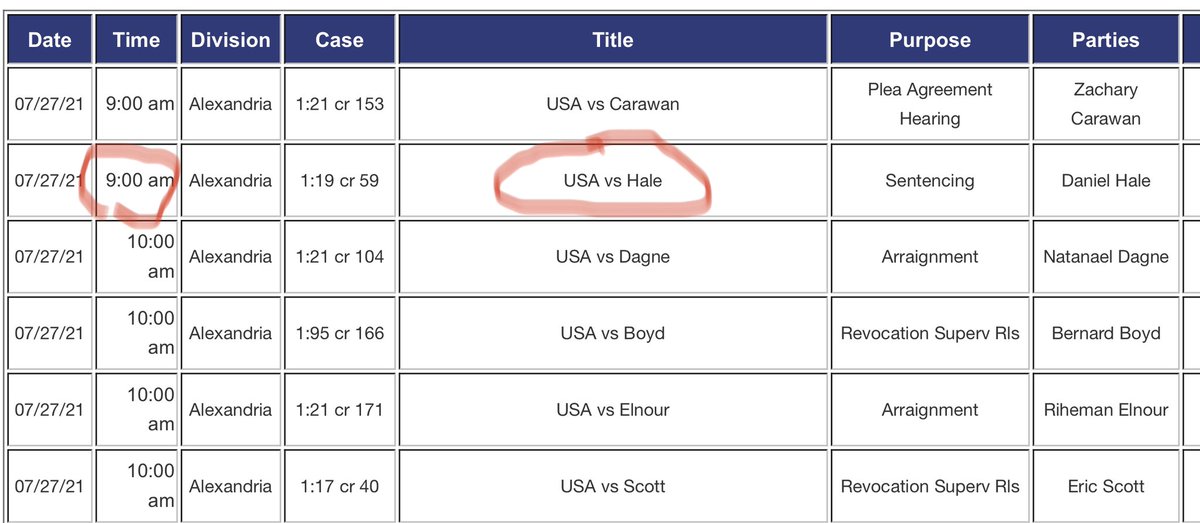
For all of September, The Dissenter will mark 20th anniversary of #September11 with retrospective series on rise of security state that puts whistleblowers front and center. Because these individuals listened to their conscience & implored us to turn away from the dark side.
FBI whistleblower Coleen Rowley accused FBI Headquarters of failing to urgently respond to intelligence ahead of #September11.
Embarrassed, the FBI became a "preventative crime" agency, concocting terrorism plots they could take credit for thwarting.
thedissenter.org/twenty-years-i…
Embarrassed, the FBI became a "preventative crime" agency, concocting terrorism plots they could take credit for thwarting.
thedissenter.org/twenty-years-i…
One of most important and best documentaries produced to coincide with the 20th anniversary of #September11.
It reflects how FBI was given immense power and abused it, often by preying on young black and brown men with financial troubles.
It reflects how FBI was given immense power and abused it, often by preying on young black and brown men with financial troubles.
For paid subscribers of The Dissenter, this covers anti-immigrant policy adopted by Attorney General John Ashcroft after #September11 to squeeze Arab, Muslim, or South Asian communities.
Around 1,200 were rounded up and detained for months.
thedissenter.org/twenty-years-i…
Around 1,200 were rounded up and detained for months.
thedissenter.org/twenty-years-i…
Attorney General John Ashcroft on October 25, 2001: "Let the terrorists among us be warned: If you overstay your visa, even by one day, we will arrest you. If you violate a local law, you will be put in jail and kept in custody as long as possible." #September11
Former FBI special agent Terry Albury is one of few to challenge racist counterterrorism approach that involves mapping communities and relies on profiling and destroying people who won't be informants.
He was prosecuted under Espionage Act. #September11
thedissenter.org/since-9-11-fbi…
He was prosecuted under Espionage Act. #September11
thedissenter.org/since-9-11-fbi…
From Janet Reitman's New York Times Magazine profile of Terry Albury, which is a must read.
"There is this mythology surrounding war on terrorism, and FBI, that has given agents the power to ruin the lives of completely innocent people..." #September11 nytimes.com/2021/09/01/mag…
"There is this mythology surrounding war on terrorism, and FBI, that has given agents the power to ruin the lives of completely innocent people..." #September11 nytimes.com/2021/09/01/mag…

I'll keep adding to this thread as entries in the series are published at The Dissenter.
If you aren't a subscriber, please consider supporting independent journalism that values the contributions of whistleblowers to our society. #September11
thedissenter.outpost.pub/public/promo-s…
If you aren't a subscriber, please consider supporting independent journalism that values the contributions of whistleblowers to our society. #September11
thedissenter.outpost.pub/public/promo-s…
• • •
Missing some Tweet in this thread? You can try to
force a refresh












